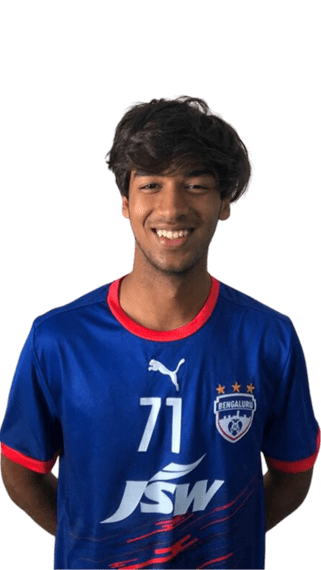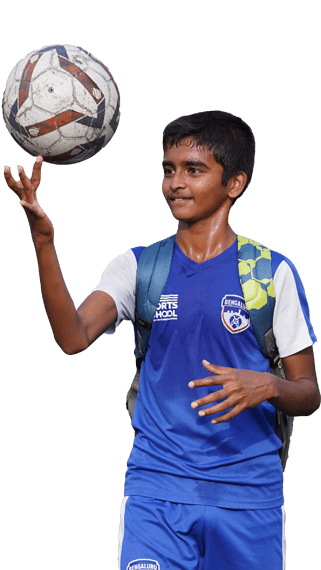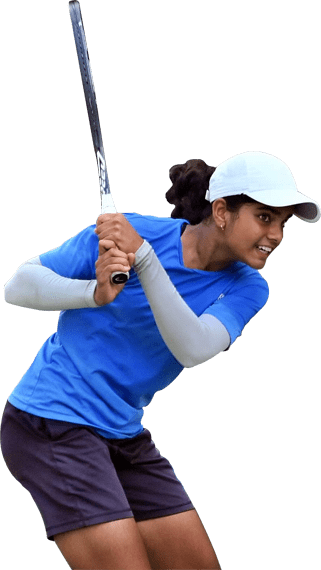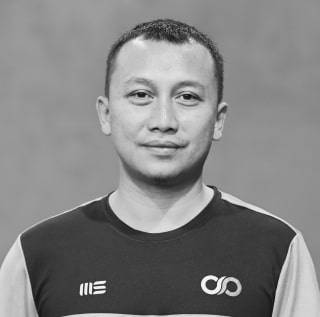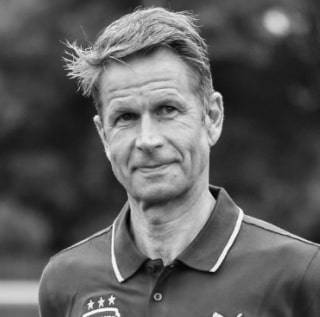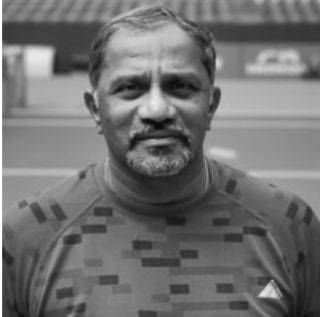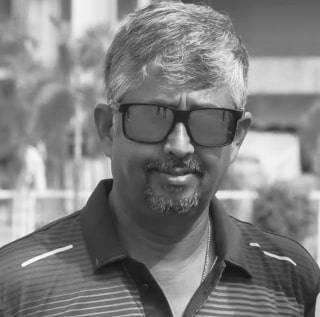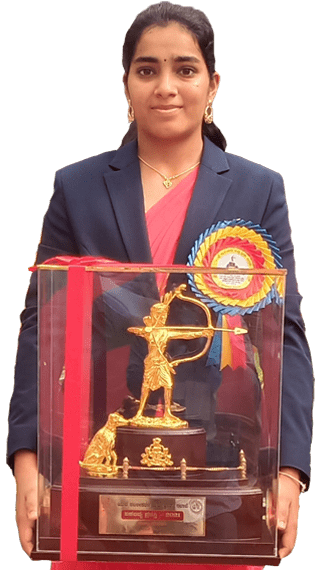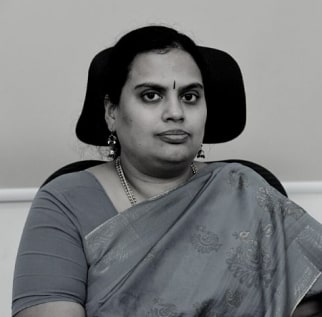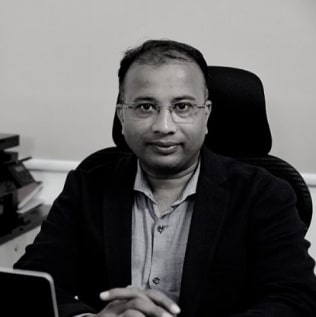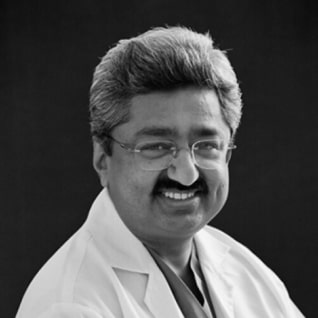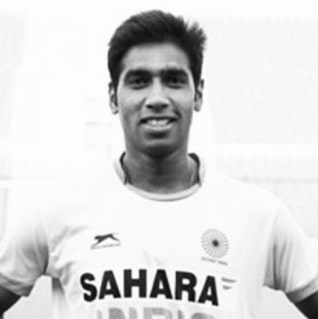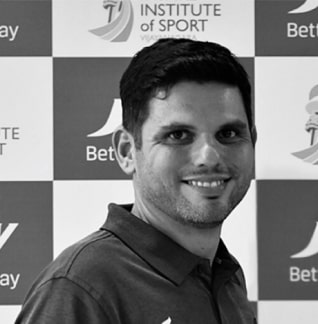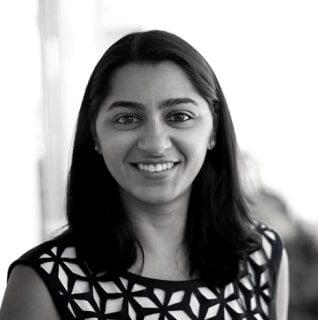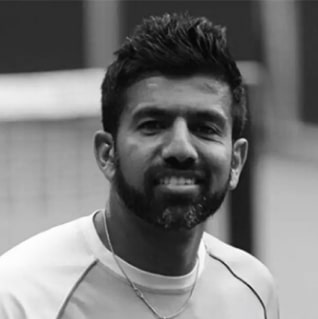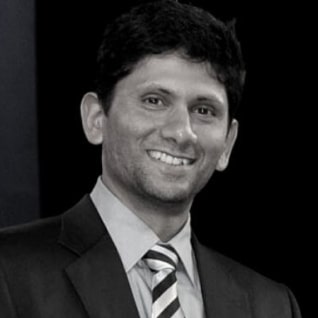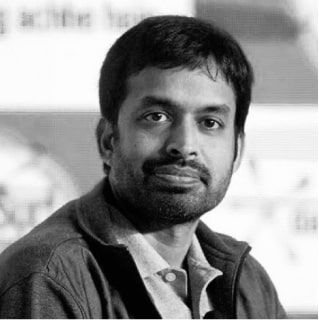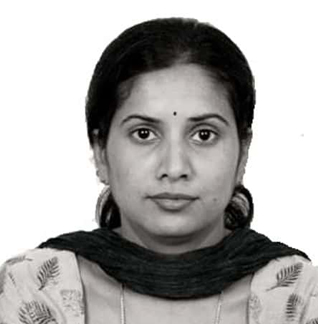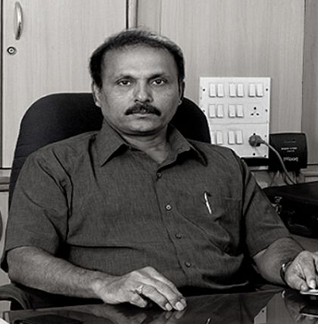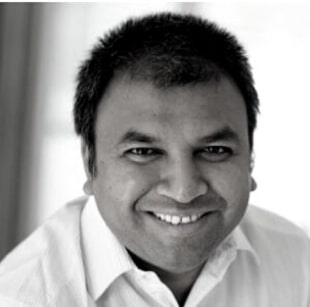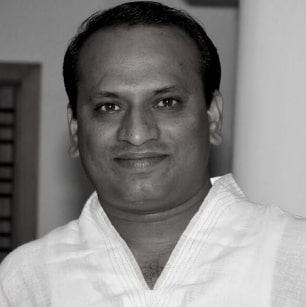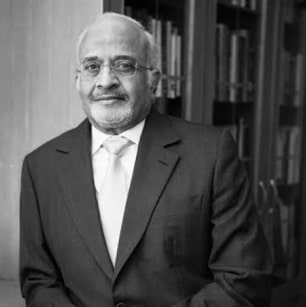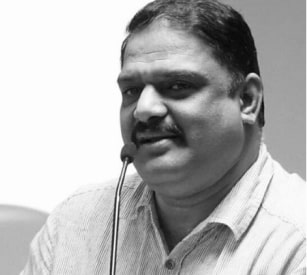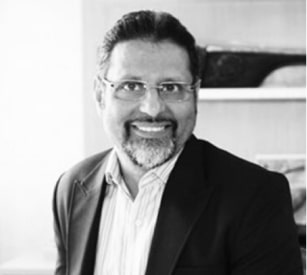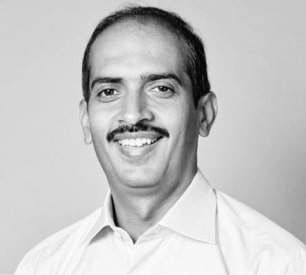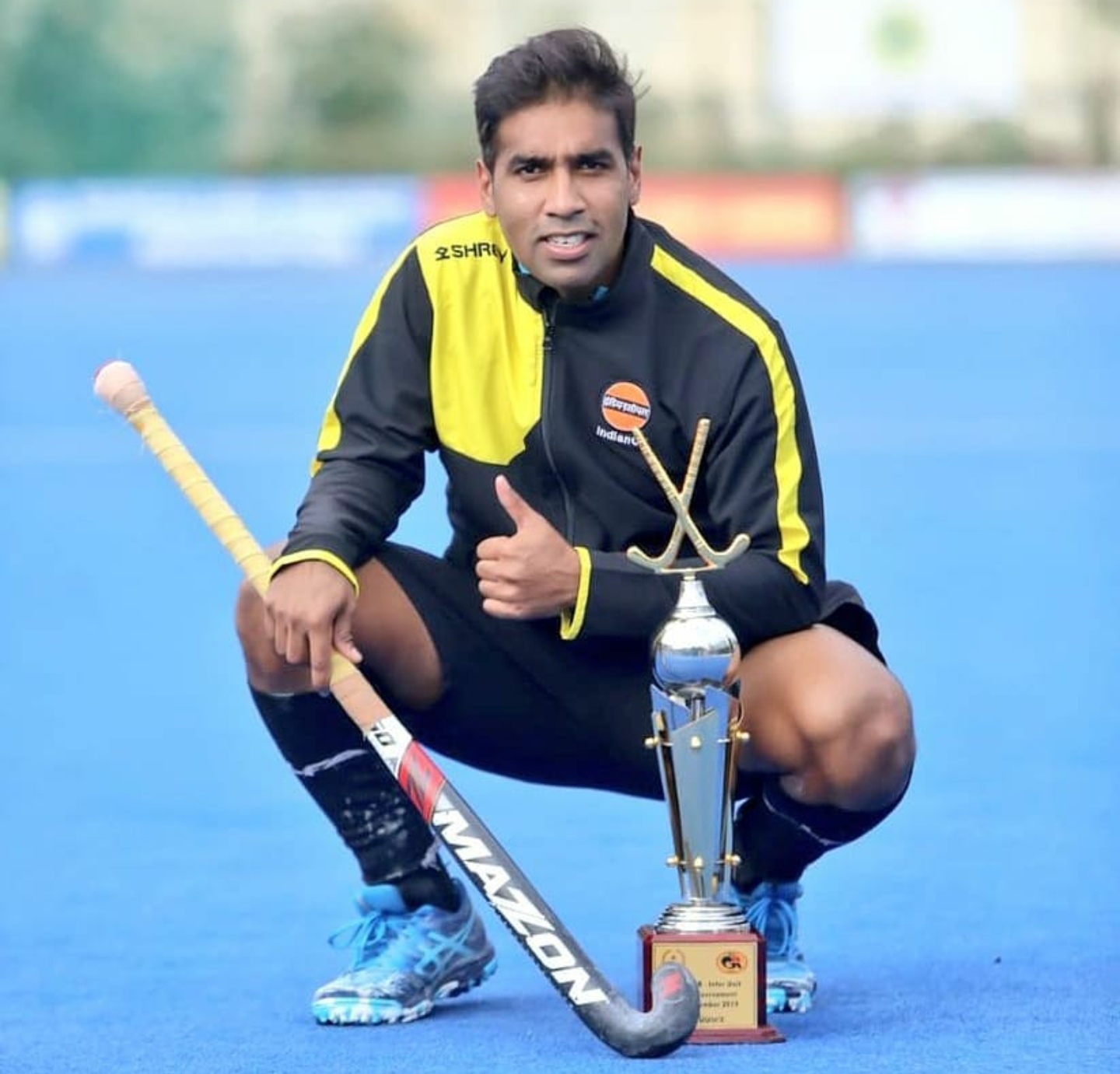
In Conversation With Vickram Kanth | Indian Hockey Player
Vickram Kanth, a former Indian field hockey player and a coach in the making, is a part of our advisory board at The Sports School. After making a debut in 2004 with Junior Asia Cup, he has represented India on numerous occasions. Over the years, he has played many matches, and with that experience, he has a bag full of advice for our young athletes. Read to know what he said to our team when they reached out to him:
- During these testing times, what was your strategy to stay fit without breaking the social distancing norms?
After following the sports schedule throughout our lives, training in different situations, and different places, both with and without equipment, and of course with the guidance of good trainers, we have a schedule in place and it becomes an integral part of your life. However, training alone can be challenging because you don’t have other athletes on your side to encourage you. In these times, it is your motivation that matters the most, so you need to keep pushing yourself.
- What was your motivation as a kid that drove you towards hockey?
I was born in Coorg, so over there kids naturally take up hockey as their first sport, instead of cricket as the rest of the country. Also, my father was a hockey player himself, and as I saw him play growing up, I fell in love with the game. I wanted to become like him; he was my ideal, so I took up the sport.
- Playing on national and international grounds is a matter of immense pride but at the same time, you are subjected to a great deal of pressure in the field. So how do you deal with it?
For a sports person, dealing with the pressure is part and parcel of the game. Those who have excelled in dealing with it, getting above it, and playing better have succeeded in sports. Mahendra Singh Dhoni and Virat Kohli are under a lot of pressure themselves, but despite that, they have always performed well. The pressure from family, friends, and fans is obvious, but one should focus on their strengths, believe in themselves, and do their best in the field. Never let the pressure build on you, and focus on yourself, once you’re above it, you will come out with flying colors.

- Looking back at your illustrious career, which match would you call the most memorable one?
My debut, the first match I played in Karachi, that’s in Pakistan. The pressure was understandable. It was the Junior Asia Cup, and we won the final match against Pakistan. In that match, I had first-hand experience of how my career will be from thereon. It was my first match, but I had a lot of seniors around me, and we pulled it off. It was like an ice-breaker for my career. I’ve won many more matches, but because of the hype around India vs Pakistan, winning a tournament against them in their homeland made it very special.
- What are your views on the future of Hockey in India?
Five years back, we ranked 11th in the world, and today we are number 5. So, we’ve moved forward from 2011, and these years have been a developing phase for India. Although in 2012, the team didn’t do well and we were 12th, but since then it has been an upward climb. The team has been making steady progress, and it is just a matter of time before we start getting more international medals. There is awareness about the sport on the grass-root level because of social media and tournaments are now being held in the country, which didn’t happen back then. Even the World Cup was held in Bhubaneshwar. Now people are watching the sport, and if we do well, there will be more viewership. In the World Cup, we made it to the quarter-finals, we won the Asian Games, and in the Olympics, we were really close too, so now we’re slowly making our place on the podium. In a few years, we can definitely expect more medals for the team. In terms of fitness and technical, the team has incredible support and is doing really well. The gap between our team and international teams has reduced, the matches are close, and the fear of competing with them has vanished. After defeating the Belgians and Australians a couple of times, our team has regained confidence and is preparing well for the upcoming matches.
- What support do you think is needed from the government and corporates to grow the sport in India?
I think hockey is lacking awareness. As of now, people have to wait for international tournaments, and there is nothing to keep them hooked in between; we need more domestic events like IPL in Hockey. Just like cricket, even hockey has test series, but those are not telecasted; it’s only during the Olympics and Asian Games that people get exposure. People must know that a lot is happening in hockey as well.
Hockey is a fast sport which makes it difficult to identify the players, so it somewhere lacks the tradition of icons, unlike cricket, where the country remembers the players. People are unable to follow the players because of the nature of the sport. The media should do a lot more coverage of the players individually so that fans get to know them. Many people watch cricket for Dhoni and Virat because they are fanboy characters; similarly, we need to make more such fanboy characters in hockey so that people get glued to the person, and also to the sport.
- Being a sportsperson and coaching athletes are two very different paths. So how has your journey been in this transition? What are the major changes that you had to face?
I still continue to play, although not on the international level. I knew that there will be a time when all of us have to hang our boots, so what next? At my training center, I enjoyed correcting and helping the young athletes around me. No one told us what to and what not to do in the initial phase of our career; it was only during the national camps that we got exposure. However, athletes are very impatient, we expect instant results; it’s like you’re doing it right, and so can they. It was only after the Hockey India Coaching Education Pathway that I realized how the two are different, coaching demands a lot of patience and planning. They say a lot of good players don’t become good coaches because they want instant success, but coaching doesn’t work that way. Now, I’m a level 2 FIH coach and I’m looking forward to this.
- What is the importance of balancing both sports and academics for young athletes?
When we started off at a young age, there were a lot of opportunities in the industry, but now the competition is very high. Out of a batch of 30, only a few end up big, while others are just lost! Many kids in our batch couldn’t make it. So a sportsperson needs to understand that even if they don’t make it, they’ll still have academics to catch on to. Once you balance the two, you’re much more stable. Sports are uncertain; you might get injured, or there are chances you don’t make it to the team. On the other hand, Academics is certain; there is no concept of luck here, it is about what you learn, and it stays with you.
- What do you think about The Sports School? What made you associate with us as part of the Sports Advisory Board?
Rohan Bopanna is a close friend of mine, and he introduced me to The Sports School. When I met Dr. Shankar, I felt that it is something wonderful, that it is one of a kind. What intrigued me the most was that we had many sports here, except hockey, and I asked myself, ‘Why not hockey?’ Then I got involved with the institution. Also, sportsmen have to travel a lot but with facilities like these readily available, even we can train on these grounds.
A lot of people drop out of sports because they lack the facilities and lose the balance between sports and education. I’ve met many parents who get confused between sports and academics, and don’t really know what is good for their kids. So, with an institution like The Sports School in their own city, parents can freely enroll their kids, and this will help many budding sportsmen. As a sports person myself, I take the responsibility to take The Sports School to great heights and spread the word so that people use this opportunity and ultimately bring laurels to the country.
Ending the conversation, Vickram Kanth quoted, “Sports to me is ultimately the overall development of a person. Sports is a good way of life. Everybody should take it up, to have a fitter lifestyle, and to just do what they love,” and we couldn’t agree more.
[maxbutton id=”1″ url=”https://thesportsschool.com/about-us/” text=”Know More” ]




